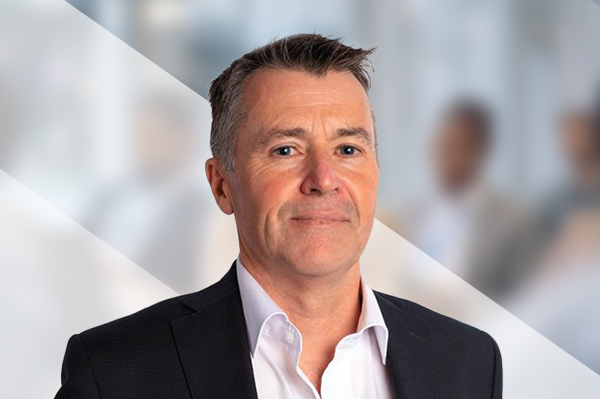It sounds like leadership and building positive relationships is an important part of the value you drive?
Absolutely, it all starts with people. A big part of my role is supporting my team’s development. I encourage my team to embrace challenges and step outside their comfort zones because that’s where real personal growth happens. For example, we regularly rotate roles across the business to keep things dynamic and engaging. This not only keeps people sharp but also broadens their perspectives and skill sets, leading to better outcomes for both the individuals and the organisation. When people feel supported and slightly stretched, they’re more motivated, and that energy drives value across the business.
When it comes to leadership, your behaviour – how you communicate, respond to challenges, and interact with others – creates a standard for the team. I’ve learned from both positive and negative people over my career making me conscious on my impact on others. A supportive and empathetic approach not only strengthens relationships but also helps builds trust, collaboration, and a shared commitment to the end goal.
How do you go about forecasting in an industry where the bulk of your revenue – tickets sales – is often influenced by factors beyond your control?
It’s not easy. Finance professionals often focus on the past – spending most of their time analysing historical data. That’s useful for identifying trends, but more of our focus must be on influencing the future to help deliver better results. With the technology and data we have, we can package insights in a way that supports better decisions. For example, on the cinema side, we track session performance, movie sales, and competitive data daily. This allows us to make decisions to adjust movie schedules for the coming days, should a movie under or over perform.
While much of our operational focus is on the immediate future – next day, weekend, or quarter – we’re also working to improve our longer-term forecasting. Right now, our accuracy significantly diminishes beyond six months, but even managing outcomes for the next three to six months has a meaningful impact on the business.
And ESG considerations – how is that impacting your business?
ESG is hugely important, particularly for our staff, though it’s becoming more relevant to customers too. As a private company, our reporting obligations are not as onerous as those of listed companies, though we’ve embraced it wholeheartedly. Our biggest focus is on reducing power usage and waste, investing in energy-efficient equipment, and exploring government support for these initiatives.
We’re also fostering inclusivity across our organisation. Over 25% of our employees don’t speak English as their first language, and our Chief People Officer and her team do an incredible job creating a culture that celebrates diversity within our workforce. On the customer side, we offer sensory screenings, open-caption sessions, and movie sessions for new parents with young children to ensure our cinemas are as inclusive as possible.

